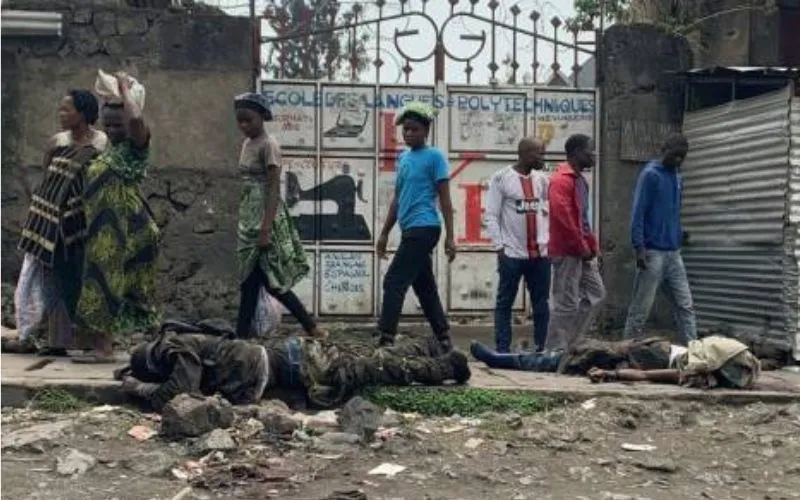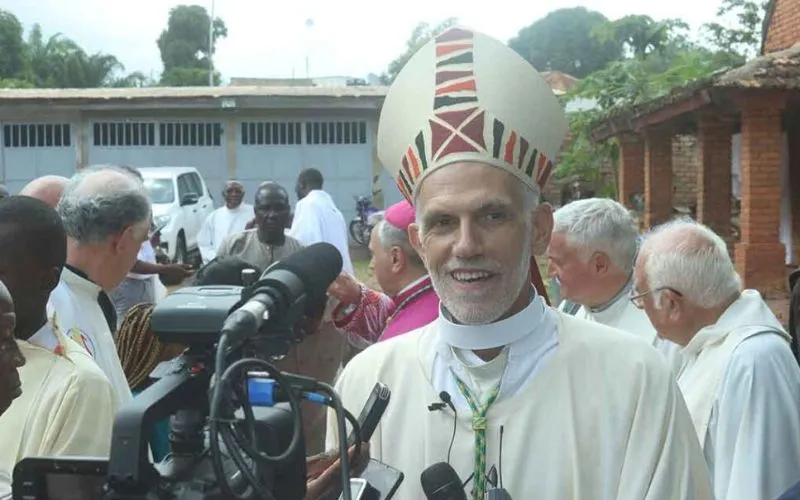A couple of weeks later, on February 16, the rebels proceeded to capture Bukavu, the second-largest city of Eastern DRC.
In the fighting occasioned by the capture of Bukavu, a key mining city in South Kivu province, learning institutions and businesses have been disrupted with a mass exodus of residents and Congolese soldiers.
Some of the latest reports about the protracted crisis in mineral-rich East of the DR Congo have indicated that besides the death of at least 7,000 people, the conflict has also displaced some 600,000 people, among other dehumanizing atrocities.
The local of Bukavu, who spoke to Agenzia Fides also reported activities of criminal gangs in the region who, unlike the M23 rebels, however, do not usually kill the people.
“Small or large thefts are committed by these gangs, but the major looting is carried out with impunity by the M23 and its allies,” the source has been quoted as saying.
Among the items looted are minerals, the source told Agenzia Fides, and explained, “The last known theft of minerals took place in the night of Thursday to Friday, February 27-28, in the Nguba district: 34 already sealed barrels of cassiterite ready for sale were rolled into large buses and loaded in the middle of the night after tying up two guards and beating and abducting two others, who were only released on Sunday (March 2).”
The source said that when armed bandits attack and the locals call the M23 ‘soldiers’, they come and ruthlessly shoot everyone they meet in the area. “They shoot to kill; they say they have no bullets to waste,” the church source has been quoted as saying.
According to the source, the insecurity has practically brought social life in Bukavu to a standstill.
The source has reported that classes in schools have not resumed because parents are afraid to let their children leave the house. “Moreover, they would not know how to pay the quarterly fees in the face of increasing misery,” the source told Agenzia Fides.
According to the source, the situation in Bukavu is misreported. “The journalists have been told what to do: sing the glory of the occupiers, not to spread information from Kinshasa, but only their information.”








